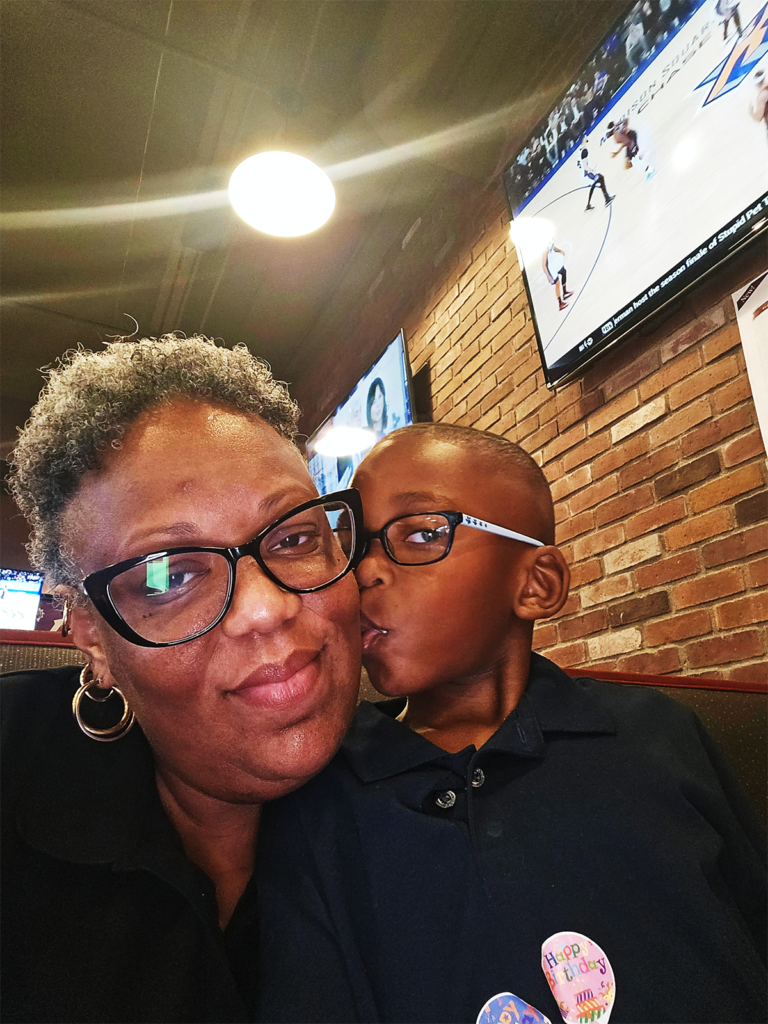How open communication and understanding support children

Open communication between a family and a child care center can provide a positive setting, especially for children with special healthcare needs. Demetrios Mebane works full-time and needs reliable child care for her 6-year-old son Tobyias after school and during school breaks. She tried a few sites before deciding on his current center, which she says has been a good fit.
Her son has been diagnosed with ADHD and sensory issues, and she is considering having him assessed for autism. Many summer programs group students of all ages together, she noted, which can be overwhelming for her son. While his current center also groups all ages together during summer break, Demetrios said they understand her son and that has made a difference.
“Before I put him there, I took my time to talk to the director and teachers about his needs,” she said. “I told them about his sensory needs and how he gets overwhelmed.” She also mentioned that her son likes to help others, which can regulate him. With this in mind, the classroom teacher gives him jobs – passing out napkins or cups during snack time or helping with cleanup of toys at transition times.
“He knows to go to his teacher, and she’ll help him find a task,” Demetrios added. She said her son’s main teacher also has ADHD, so she understands his needs.
When her son first started at this child care site, Demetrios said the staff called her a couple of times when he was having tough days. Over the phone, she would ask him about his feelings or whether he was bored. If he was bored, she’d suggest that he find his teacher who could help by giving him a job. After hearing her use these questions with her son, the staff started asking him similar questions if he had a hard time. Now the staff asks her son the same questions instead of calling her.
While many parents like child care centers with video feeds, Demetrios says that’s not the most important factor in choosing a center. “You know your child better than anyone,” she added. “How are they doing at the end of the day when you pick them up?” She says that information and the ability of the center to support a child are higher priority when choosing a center.
